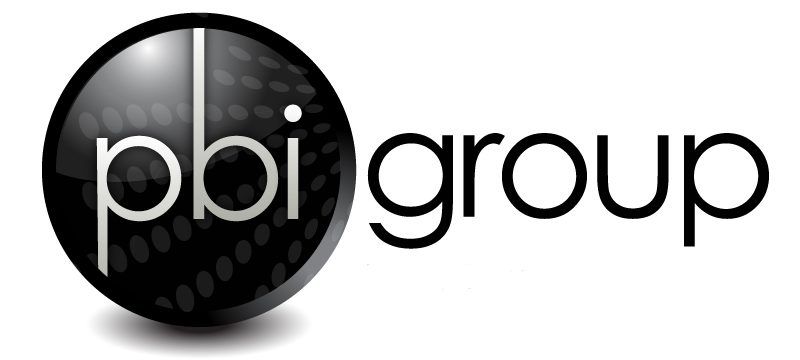Real estate professionals are legally bound to provide their clients full disclosure of all material facts that affect the value and post-purchase plans of a property their clients seek to purchase. In addition, real estate agents who fail to communicate pertinent information accurately, fail to act in good faith, or were negligent in discharging their duties to their clients during a real estate transaction are likely to be named defendants in costly lawsuits. Such legal actions result from clients seeking remedy for losses caused by the agent’s communications and activities, or lack thereof.
The Claim
A couple seeking to purchase residential New Jersey property as their “forever home” contracted with a real estate firm that asserted they were knowledgeable in the couple’s preferred downtown and waterfront locations. The clients gave the agents specific requirements such as square footage, location, and more. The real estate agents showed the couple a property that met their wishes while significantly over their budget. It was a three-bedroom condo in the right location with one drawback: the third-floor bedroom was too small.
After touring the property, the clients told the agent of their concern and were willing to purchase if they could renovate the property to meet their needs. The agent assured them that the current owner had the same idea and already had architectural plans approved by the HOA board and local building authority to expand the third floor. The agents further conveyed that their “boss” was an owner in the development and was also on the HOA board, which they billed as a great advantage to their buyers. The implication was the clients would have influential help in getting HOA approval for their desired changes to their unit.
With such assurances, the clients, who were eager to make the deal, at the suggestion of their agent, offered the listing price of $1.625 million, which was well above their $1.1 million budget. The sellers accepted the offer, and the clients took possession of the condo based on the assumption they could make substantial changes to the third floor. The changes included raising the roof to meet the eight-foot legal minimum requirement for a bedroom and adding an outdoor deck on top of the newly raised roof.
It was not until after the closing that the buyers became aware of restrictions to modify the exterior of their building when an HOA board member stopped them from attaching an outdoor security camera to the structure. This revelation was a cause for further investigation. Subsequently, they were surprised to learn that the HOA board had never approved any plans to renovate their unit, nor had local building authorities approved any architectural plans for their condo.
In their lawsuit, the plaintiffs seek a permanent injunction against the defendant and compensatory damages for emotional distress, costs, and attorneys’ fees. In addition, the plaintiffs assumed their real estate agents would not allow the withholding of material information or allow misrepresentations regarding the unit they were purchasing.
Plaintiffs claim the listing and selling agents and their respective firms both owed a duty not to misrepresent or fail to disclose material information. Precisely, in this case, the buyers needed to know that the HOA Board and local authority approvals for the third-floor renovation plans were in place. Such approvals were the reason and rationale for the plaintiffs to close the deal.
What Went Wrong
The plaintiffs are suing for more than $500,000 plus damages and attorney’s fees. The plaintiffs assert they agreed to go over budget to purchase the condo based on assurances from both their buyer’s agent and the listing agents and their respective brokerage firms that they could make extensive renovations to their unit. In addition, they claim the agents gave them confidence that there were existing plans for such changes to their condo approved by both the HOA and city building authority.
In this case, the buyers claim the agents and their firms used unconscionable commercial practices, misrepresentations, and knowing omissions of material facts made with the intent they would be relied upon, all proffered to sell the condo to the plaintiffs.
The statements from the agents about the perceived increased value based on the buyer’s renovation plans put them in the position of selling the dream versus the reality of the situation. Agents create reputational and legal problems when they provide misinformation and assurances that are not feasible.
By entering a dialogue with the sellers with assurances about approved construction plans and perceived future value that are false, misleading, and unsubstantiated, the agents bought themselves and their brokerage firms a host of needless problems and expenses.
As a result of the defendants’ conduct, the plaintiffs have and will sustain significant financial and non-economic damages in a final total amount determined at trial. Without adequate protection from the right E&O insurance policy, the agents and their firms are at risk of devastating legal and settlement fees.
Interested in PBI Group generating an E&O insurance quote for your real estate agency? Click here.






